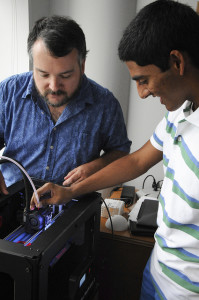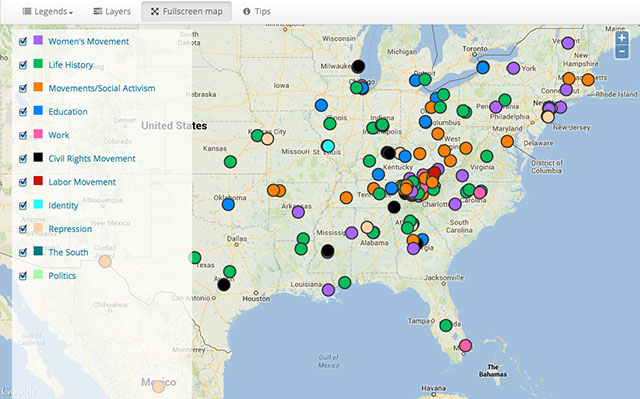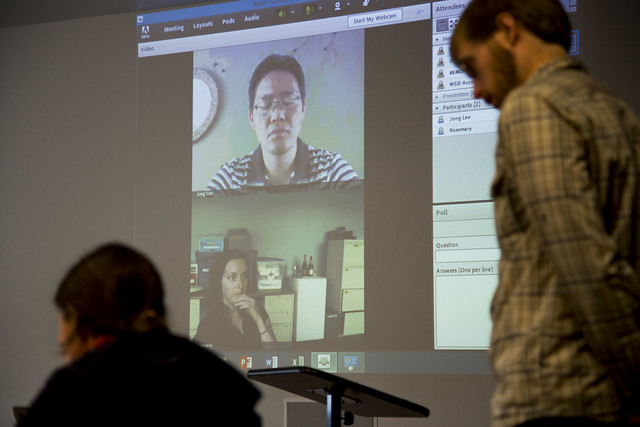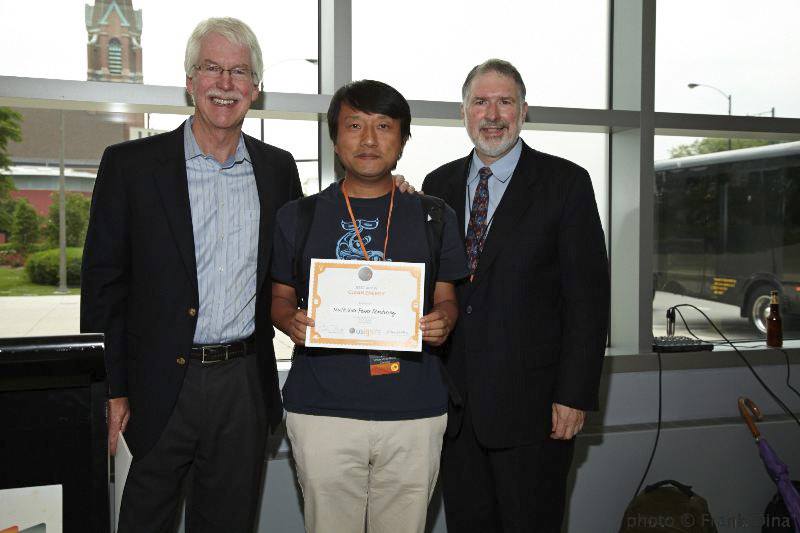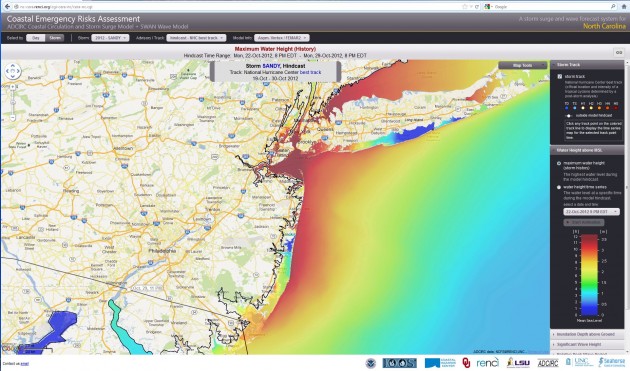UNC School of Medicine project will use RENCI-developed analytics framework.
 CHAPEL HILL, N.C. – As the clinical use of genomic testing expands, the practical and ethical considerations of using the technology to screen newborns for genetic conditions will be the focus of a new study undertaken at the University of North Carolina.
CHAPEL HILL, N.C. – As the clinical use of genomic testing expands, the practical and ethical considerations of using the technology to screen newborns for genetic conditions will be the focus of a new study undertaken at the University of North Carolina.
Researchers at UNC plan to sequence the entire genome of 400 infants to determine what useful clinical data can be acquired through the tests. In conjunction with the testing, the UNC team has partnered with Research Triangle Park-based RTI International to develop educational and consent tools to determine how best to educate parents and physicians about the test and its results.


